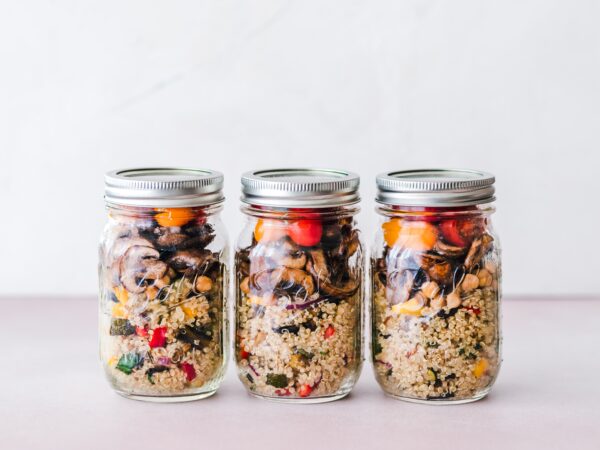When it comes to maintaining good health, there is nothing more crucial than proper nutrition and hydration. Our bodies need the right combination of nutrients to operate at their best, and staying hydrated is equally important for our overall well-being. In this article, we’ll explore the importance of nutrition and hydration, and some tips on how to fuel your body in the best possible way.
The Importance of Nutrition
Nutrition is the foundation of good health, and it is essential to consume a balanced diet that provides all the necessary nutrients for our body to function at its best. The food we eat is broken down into its component parts by our digestive system, and these nutrients are then used to build and repair tissues, support our immune system, and provide us with energy.
The three primary macronutrients – carbohydrates, fats, and proteins – are essential for optimal health. Carbohydrates are our body’s primary source of energy, and they also help with brain function and overall mood.
Fats provide insulation and protection to our organs, and they also help regulate hormones and provide energy. Proteins are essential for building and repairing muscle tissue, and they also support our immune system.
In addition to macronutrients, a healthy diet should also include plenty of micronutrients – vitamins, minerals, and antioxidants – which are essential for our immune system to function properly. Many of these micronutrients are found in plant-based foods such as fruits, vegetables, and whole grains.
How to Build a Healthy Diet
Building a healthy diet can be overwhelming, but it doesn’t have to be complicated. A good starting point is to focus on eating whole, unprocessed foods, and aiming for a variety of colors and a balance of macronutrients. Here are some tips to help you build a healthy diet:
1. Eat a variety of fruits and vegetables: Aim to include a variety of colors in your diet, as each color represents different nutrients.
2. Incorporate whole grains: Choose whole grain products such as brown rice, quinoa, and whole wheat bread instead of refined grains.
3. Choose lean proteins: Opt for lean proteins such as chicken, fish, and legumes, rather than high-fat meats.
4. Limit processed foods: Try to avoid processed foods that are high in sugar and unhealthy fats.
5. Hydrate with water: Drinking plenty of water is key to good health and can help with digestion, energy levels, and brain function.
The Importance of Hydration
Staying hydrated is just as important as proper nutrition, as water makes up around 60% of our body weight, and it is essential for our organs to function correctly.
When we don’t drink enough water, we can become dehydrated, which can lead to fatigue, headaches, and even kidney damage.
In addition to drinking water, we can also get hydration from foods such as fruits and vegetables, particularly those with high water content, like watermelon and cucumbers. Drinking herbal teas and coconut water can also be a good way to stay hydrated.
How to Stay Hydrated
Here are some tips to help you stay hydrated throughout the day:
1. Keep a water bottle handy: Having a water bottle with you can help you stay on top of your hydration.
2. Set reminders: Set reminders on your phone every hour or two to remind you to drink water.
3. Drink herbal teas: Herbal teas are a great way to stay hydrated and can have added health benefits too.
4. Eat your water: Include high-water-content fruits and vegetables such as watermelon, cucumbers, and celery in your diet.
5. Limit caffeine and alcohol: Both caffeine and alcohol can dehydrate you, so it’s best to limit your intake.
Final Thoughts
Maintaining a healthy diet and staying hydrated are essential for good health. By incorporating a variety of whole foods and drinking plenty of water, you can fuel your body in the best way possible.
Remember to listen to your body and make the necessary adjustments to your diet and hydration levels as needed. With some simple changes, you can optimize your nutrition and hydration, and enjoy a healthier, happier life. This is the Importance of nutrition.











